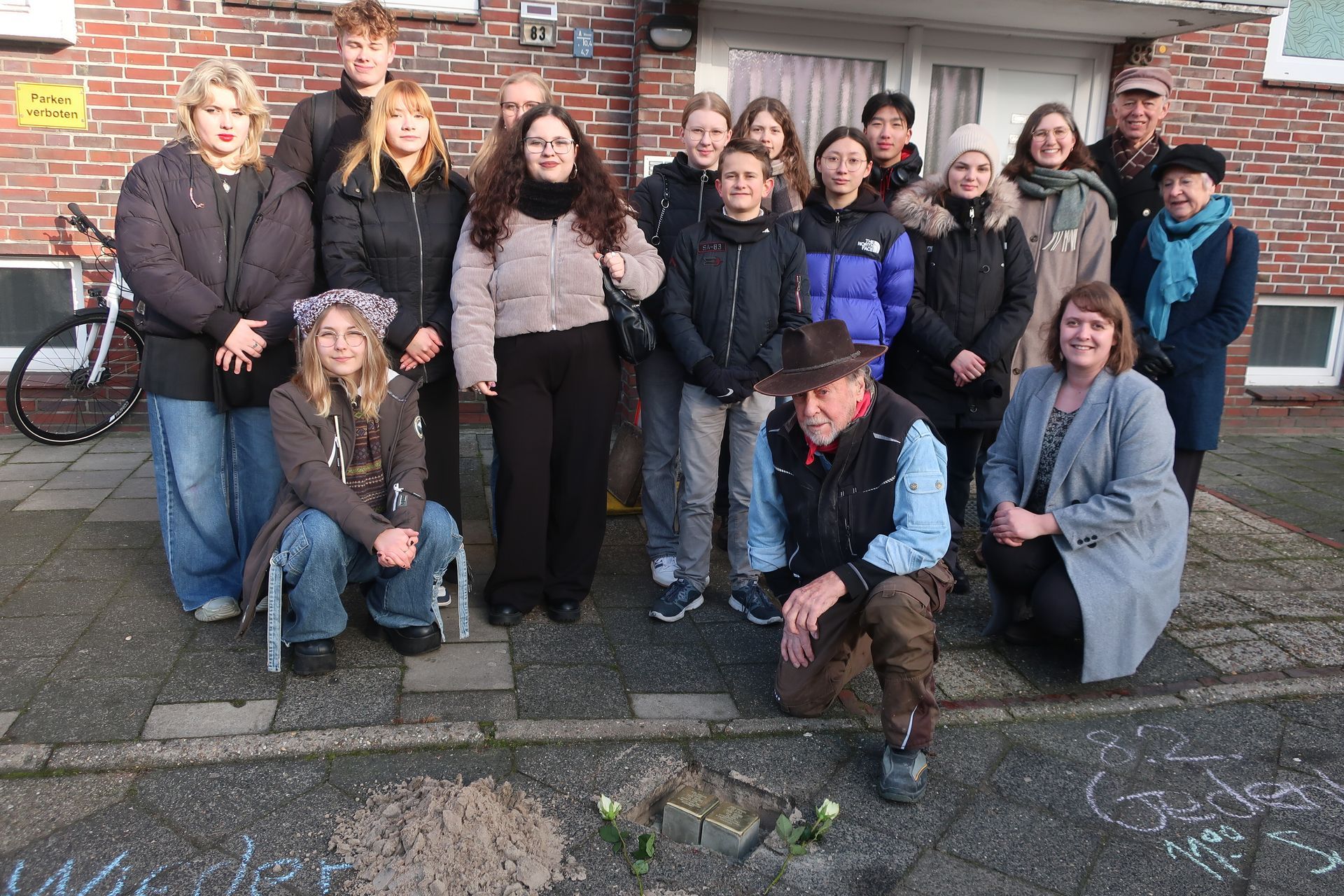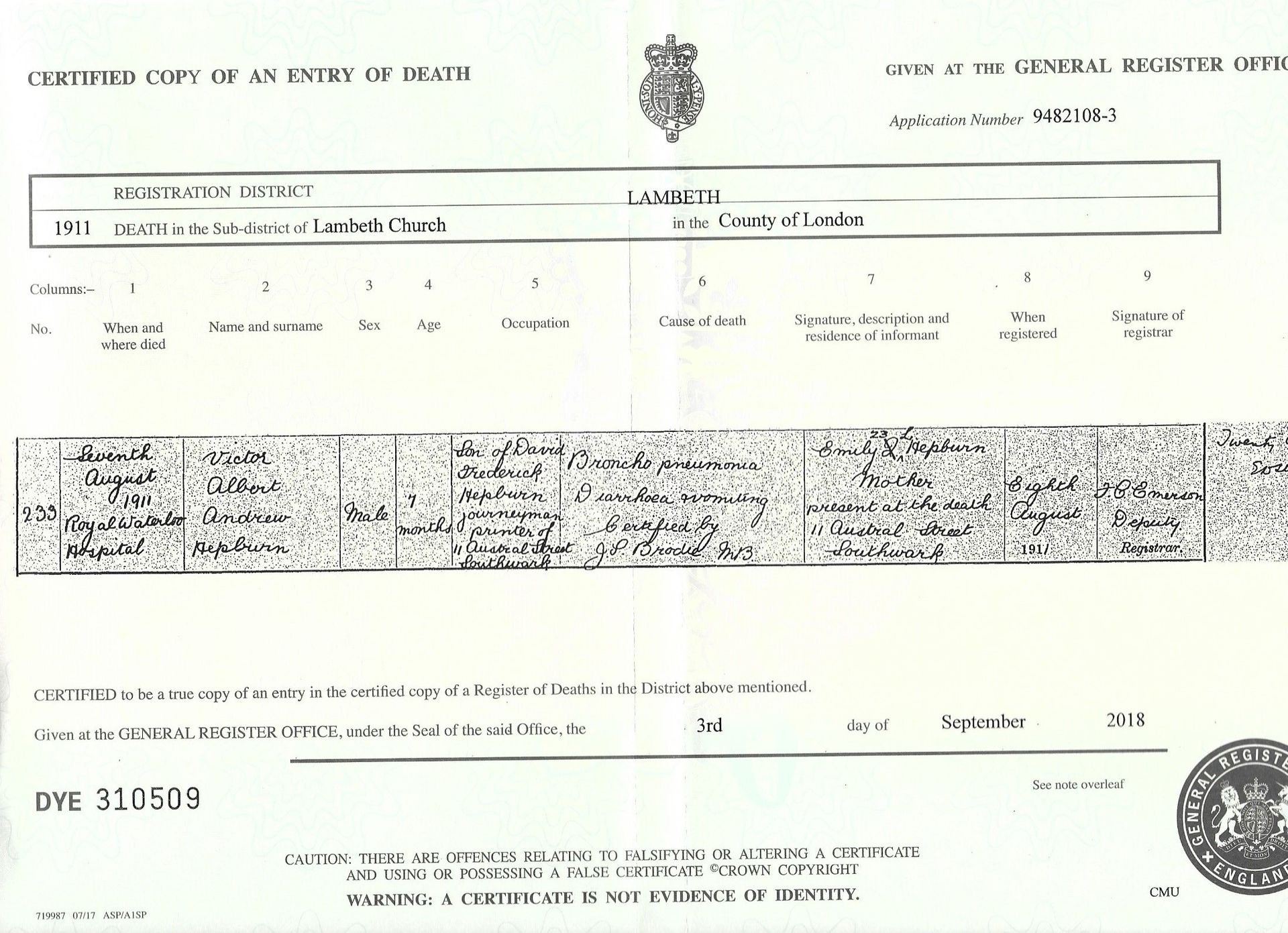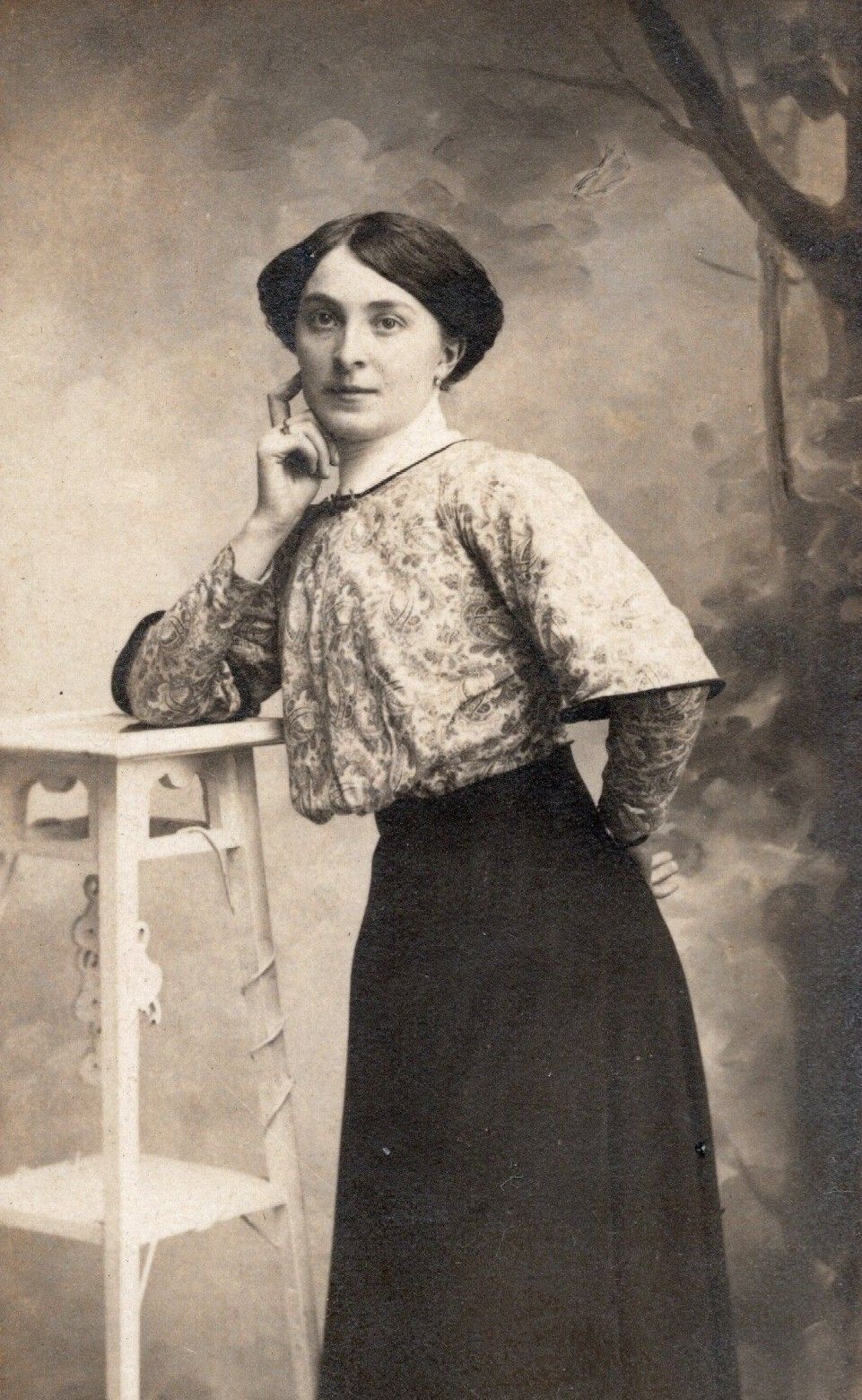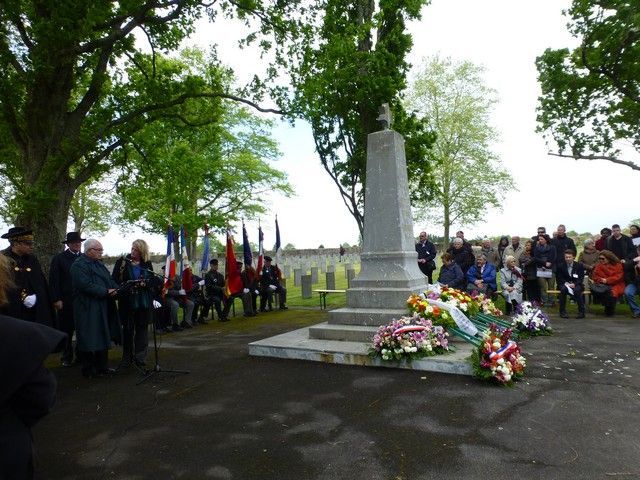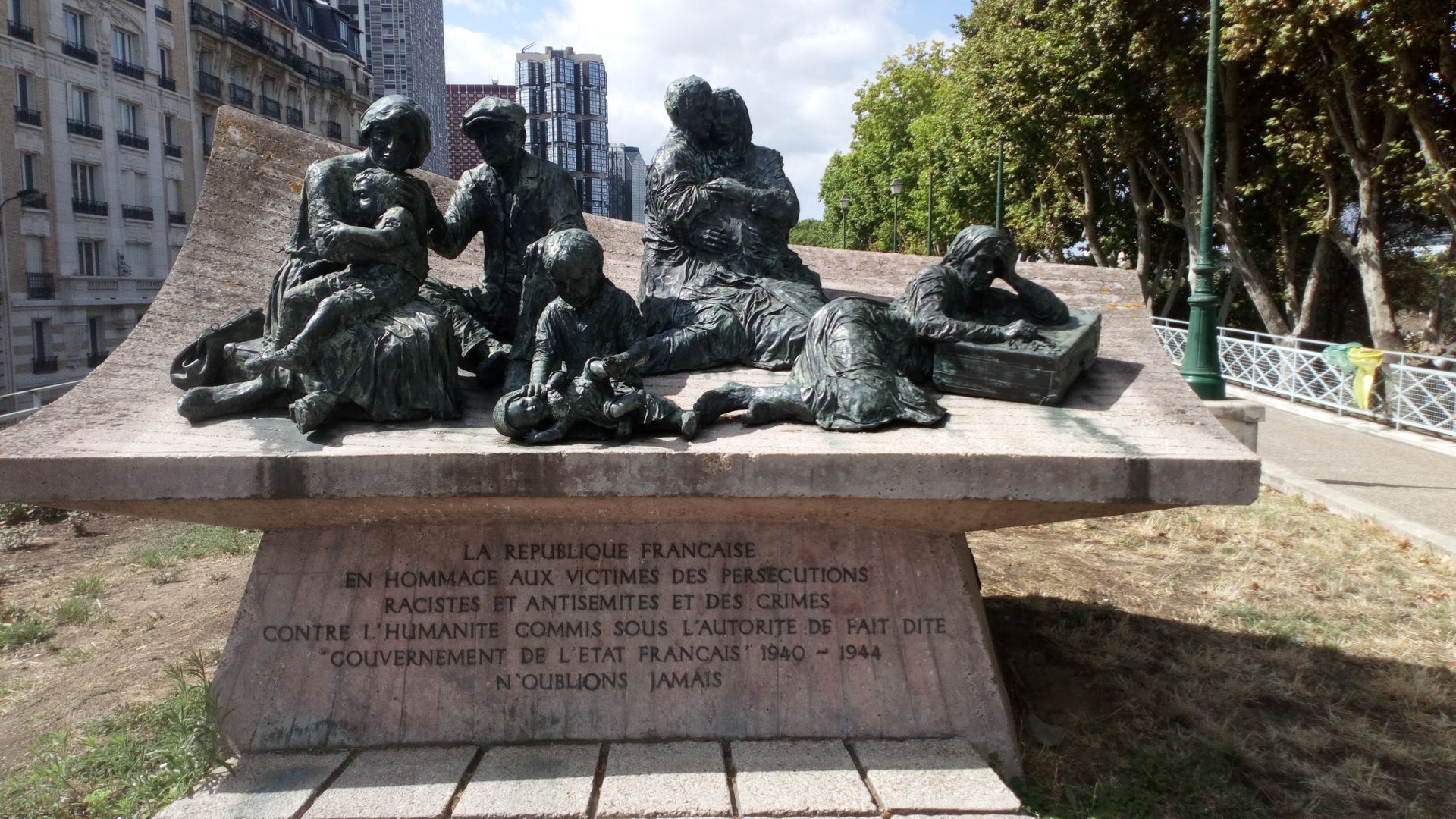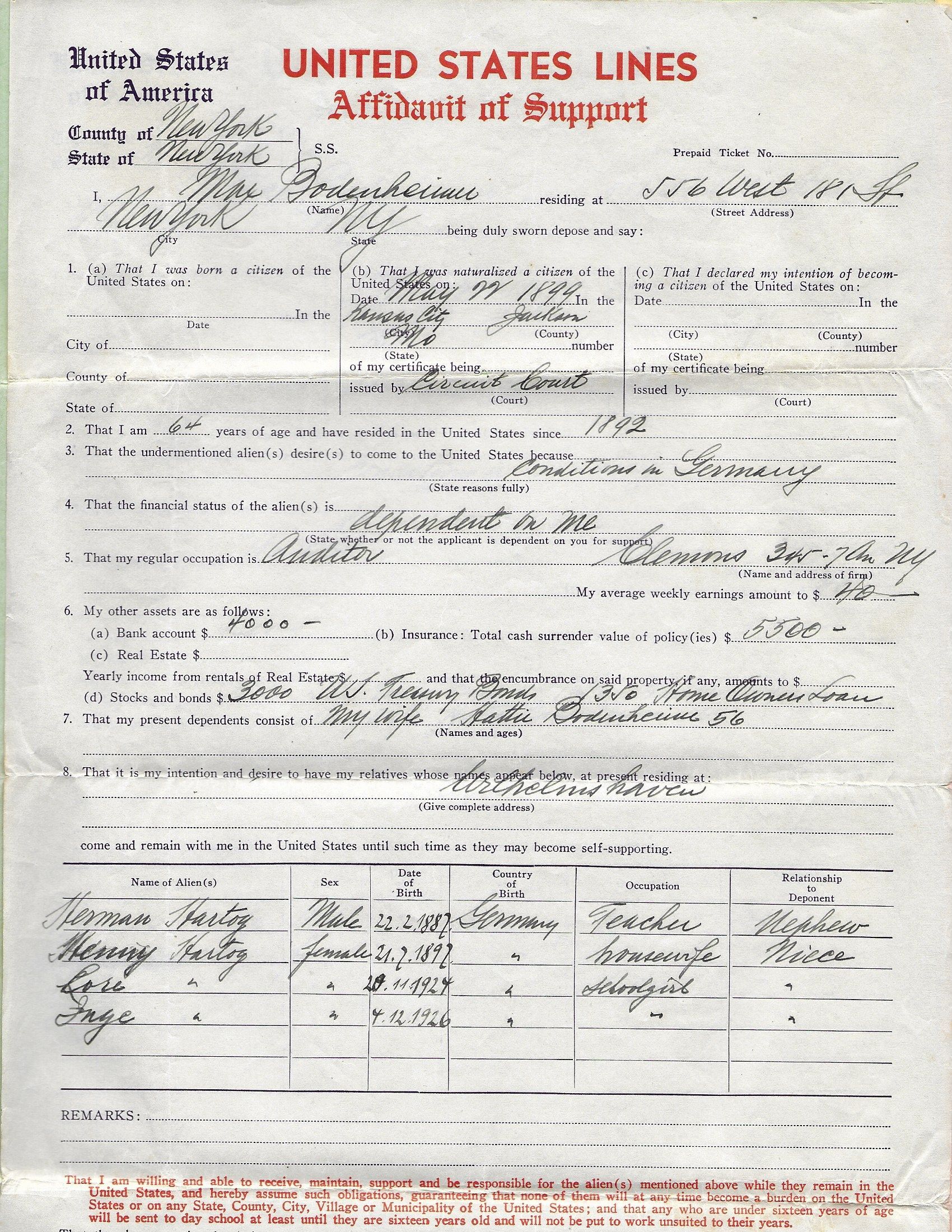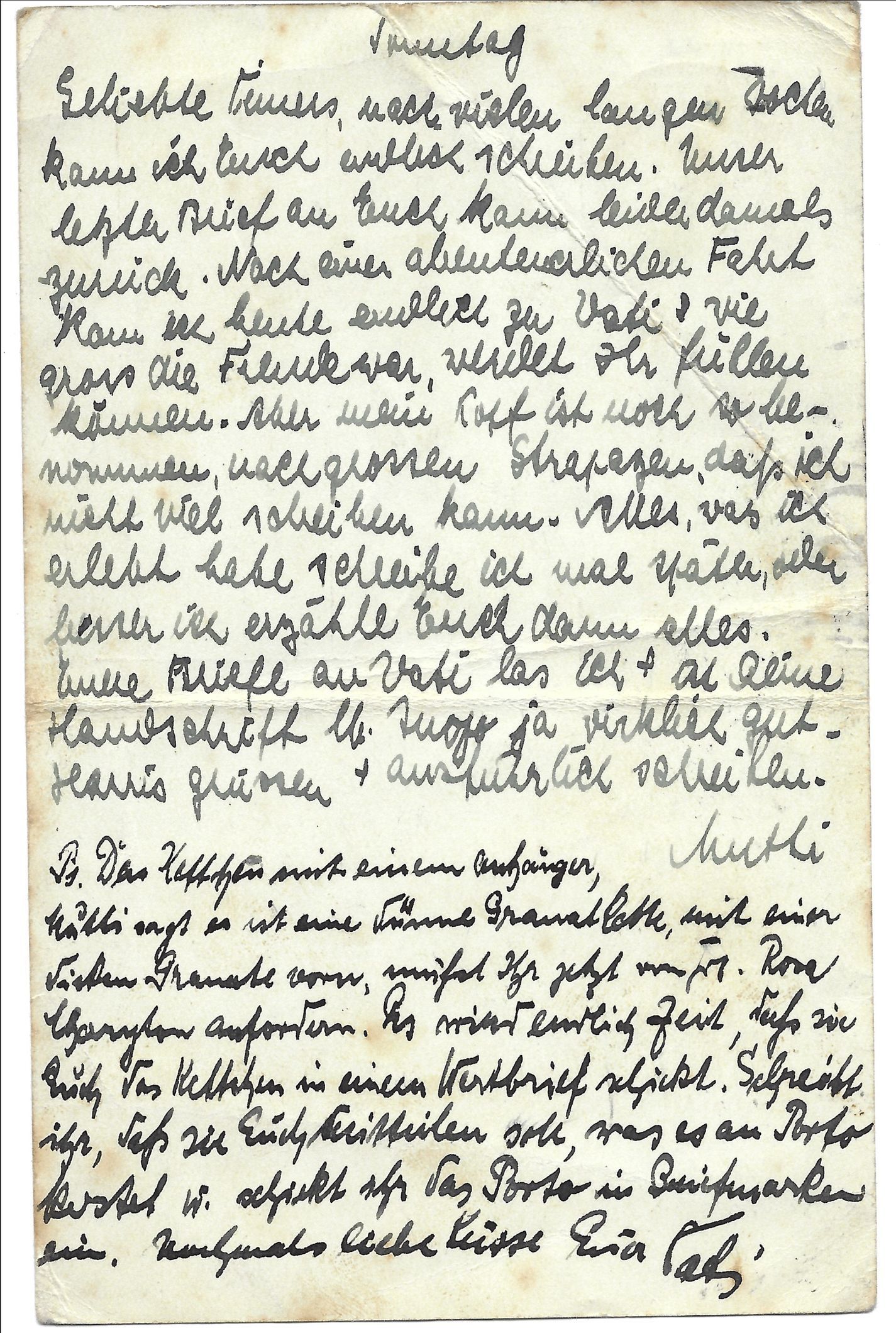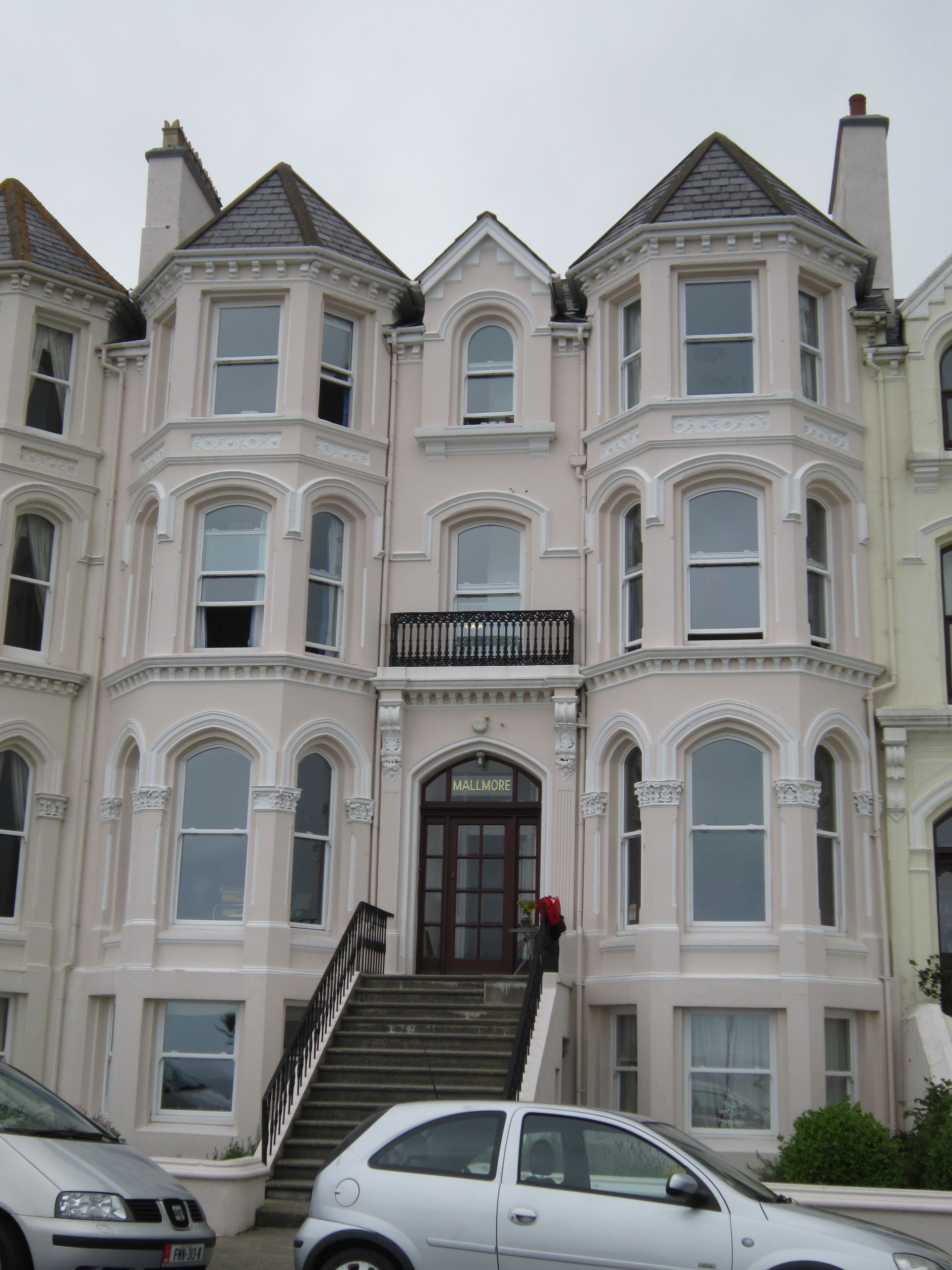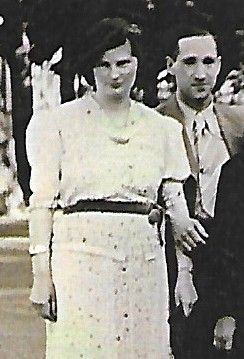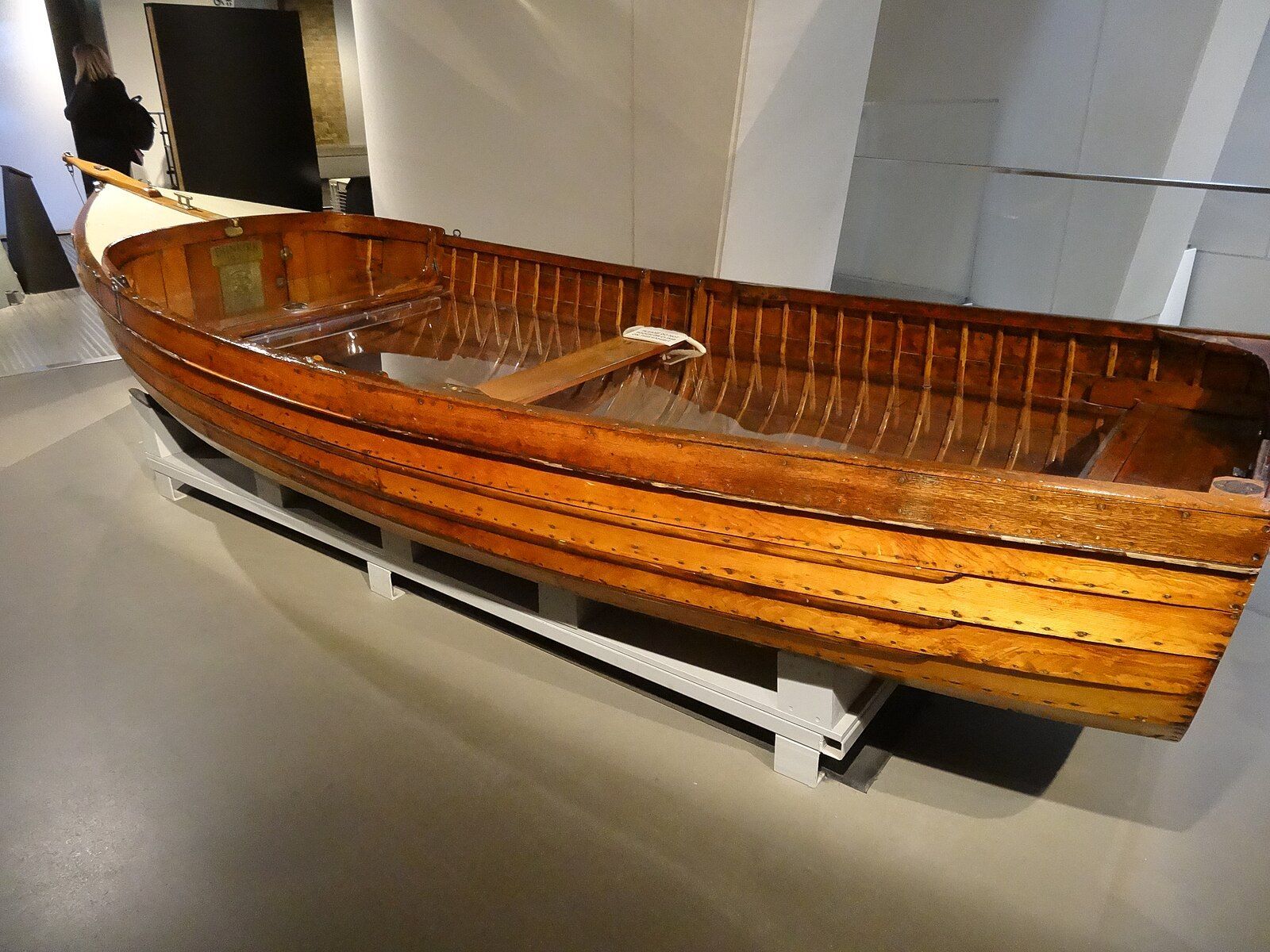Chaos in Paris 1940
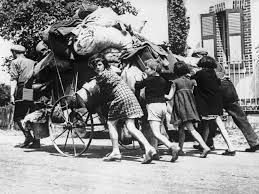
In May 1940, Germany combined attacks with tanks, infantry and artillery to overwhelm the defences of Belgium and Holland before deploying the same tactics against France. German forces invaded France through the rugged terrain and dense forests of the Ardennes – an area thought to be impenetrable by French and British generals. The Maginot Line defences built in France were totally ineffective against the rapid German onslaught. On 9 June 1940, the French government fled from Paris and moved to Tours.
The German forces advanced towards the northern French coast, forcing the British forces to retreat from Dunkirk. They also quickly turned towards Paris and entered the city on 14 June. French forces and many of the citizens of Paris had already left and the German soldiers entered a silent place. Two million Parisians had departed and all the shops and businesses were closed. Paris was formally declared an 'open city', meaning that it would not be defended so that its destruction could be prevented.
Meanwhile, those Parisians who had left their homes, together with people who had fled from northern France, Holland and Belgium ahead of the advancing Germans, escaped southwards for safety. They piled their belongings high into carts, wheelbarrows and prams as they joined the flood of people trying to move along the roads. Those with cars and lorries soon ran out of fuel and abandoned their vehicles to continue on foot with this huge wave of humanity trying to escape the Germans. Meanwhile, those same German invaders strafed the columns of people from planes above them as they made their slow way south.
It was chaos. Absolute chaos.
People travelling south slept wherever they could – under the hedges alongside the road, in empty barns along the route, in the corners of fields. When the food supplies that they had brought with them ran out, they raided abandoned homes and farms for something to eat. Shopkeepers along the way were often generous with offers of food, but there was not enough for everyone to eat.
When war had been declared nine months previously, the French authorities had put in place schemes for a fair distribution of food and a rationing of resources, but the rapid turn of events of June 1940 had not been anticipated and the tidal wave of thousands of refugees from northern France towards the southern towns and villages was far greater than anyone had expected. There was panic, chaos, and confusion everywhere.
(photo shows people fleeing Paris in June 1940 © LAPI/Roger Viollet)
